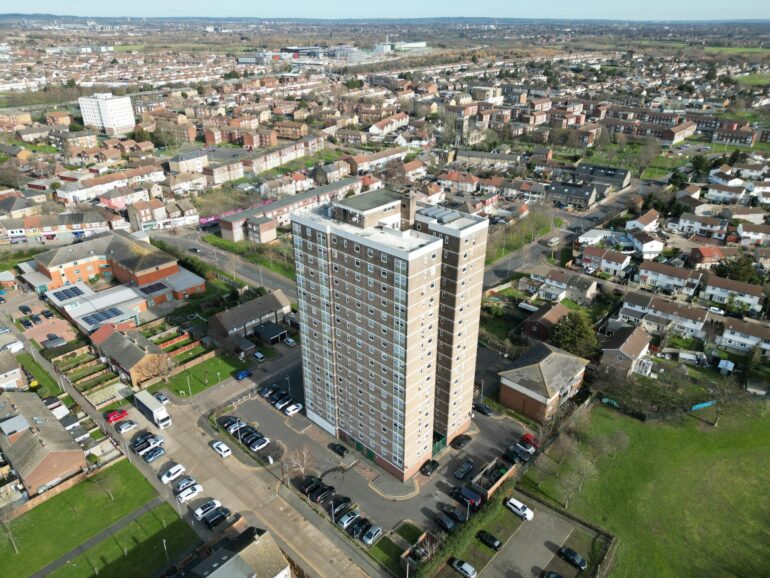With an overall landlord maladministration rate of 77% in London, compared with a national average of 68.5%, a report by the Housing Ombudsman has found the rate of landlord maladministration in its cases to be as high as 87% in Richmond upon Thames.
Despite one in six homes under the ombudsman’s remit being within Greater London , the report found that 47% – or almost one in two cases – were from this postcode area.
The rate of landlord maladministration dropped to 58.5% in Barnet.
In 2023-24, the Housing Ombudsman made more than 2,000 findings for property condition issues in the London region, with the maladministration rate (78%) being the highest in the country.
Richard Blakeway Housing Ombudsman said: “No other region of England has such a wide gap between the proportion of social housing and complaints.
“This is despite the rate of non-decent homes being lower in the capital compared to the rest of the country.
“This report asks: why? Does it reflect the housing crisis, local landlord performance, or that residents living in the capital exercise their rights more than other parts of the country?
“Although the issues complained about are broadly the same as the rest of the country, the operating environment for landlords in the capital is vastly different from most other areas.
“This can present unique and acute challenges.
“The housing crisis is intense in London – with under resourcing and pressures that are outside of landlords’ control.
“These challenges and the impact it has on individuals is clear and evident in our casework.
“However, there are still too many cases where residents have not been treated fairly, or basic obligations reasonably met.”
He added: “Our casework reveals how poor communication and record management can compound existing challenges.
“It also indicates some poor resource planning, risk assessment and service oversight.
“The Ombudsman meets regularly with landlords and policymakers in the capital to ensure it understands the operating environment but can also feedback on the trends from our casework.
“This includes a recent meeting of the All Party Parliamentary Group for London, including London Councils, the National Housing Federation and the G15, to discuss the challenges residents and landlords face, as well as the implementation of the Social Housing Regulation Act.
“Our findings shine a light on how housing management services should be provided in the capital to be successful.
“How London landlords rise to these challenges will affect the lives of millions of tenants, shared owners and leaseholders.
“There is a role for the new national government as well and we have been clear that more resource is needed to tackle some of the reoccurring problems we are seeing in our casework.
“Levels of disrepair will be hard to tackle and reduce if there is not a long-term plan and more investment coming into landlords to deal with the issues.
“The pressing need to maintain existing social homes has also to be balanced with the acute need to build more social homes.”



